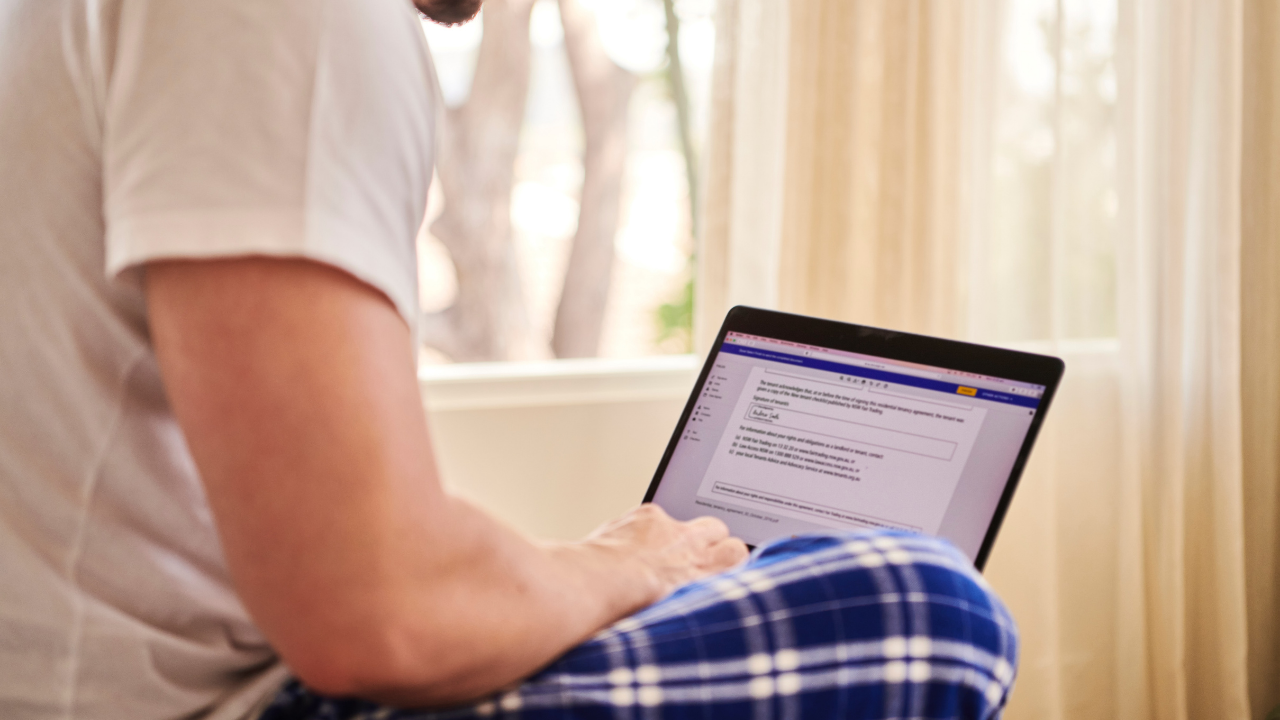How do I know if I need to file a Self-Assessment tax return? Failure to file income tax on time usually results in fines and penalties that would have been avoided when diligence is practiced. But a new problem arose due to a mad dash to beat tax deadline – unnecessary filing of self-assessment. Take a look through this article and you should be able to determine if you do or don’t need to file a self assessment tax return.
Table of content
- How do I know if I need to file a Self-Assessment tax return?
- Are You Unnecessarily Filing Self-Assessment Forms? Let’s take a look
- How to know if you need to file a Self-Assessment tax return – Check this out…
- Self Assessments Returns for self-employed or freelancers?
- Don’t play guessing games when it comes to filing your taxes
- Do you owe less than £3000 in UK tax? Good news! A Self Assessments may not be necessary
- Self Assessments For Higher Rate Taxpayers
- There are circumstances where you really need to complete a self-assessment tax return.
- Contact our team of UK Self Assessment Tax Accountants
How do I know if I need to file a Self-Assessment tax return?
Do I need to file a Self-Assessment tax return? Read on to find out… This article breaks down the need to know facts about who needs to file a UK Self Assessment tax return.
Are You Unnecessarily Filing Self-Assessment Forms? Let’s take a look
How do you know if you need to file a self-assessment tax return? Depending on your circumstances, filing a self assessment may be completely unnecessary. You could be one of the 400,000 people who HM Revenue & Customs tells every year not to file a self-assessment form. Didn’t get the memo? It’s time that you determine whether or not you need to file one.
How to know if you need to file a Self-Assessment tax return – Check this out…
If any of the below work types or circumstances relate to you, the chances are that you do need to file a UK Self Assessment tax return.
- Full time or part time freelancers
- Full time or part time self employed contractors
- Self Employed
- Sole Traders
- Entrepreneurs
- Small Business Owners
- Company Directors or Limited Company Partner
- High earners (people who earn over £100,000 per year)
- Landlords
- If you earn over £2500 of untaxed income
- If you claim expenses over £2500
- If you have Capital Gains tax to pay due to selling something valued over £48,000
If you’re still unsure whether or not you should be filing a self-assessment tax return you can always contact our helpful team via the online chat system, email, phone or using our contact a UK tax agent form.
Self Assessments Returns for self-employed or freelancers?
If you are a sole trader, are self employed or if you work freelance, you are expected to fill out a self-assessment form. But due to the fluidity of Britain’s workforce, it is common for your circumstances to change in one tax year. It is possible for people to move in and out of having to make a self-assessment return. This is why HMRC highly recommends that you inform them of whatever changes in your situation or if you’re smart with your taxes, you’ll inform your tax accountant who will handle this for you.
According to an HMRC spokesman;
“We automatically review the self-assessment system to ensure only those who genuinely need to complete a tax return have to do so”.
“Anyone thinks the circumstances have changed so that they don’t need to complete a return should let us know.”
Don’t play guessing games when it comes to filing your taxes
As mentioned above, if you want to determine if you need to file a self assessment tax return, it’s best to talk to the professionals and speak to a UK tax account. Our team will be happy to answer any questions about self assessments.

Do you owe less than £3000 in UK tax? Good news! A Self Assessments may not be necessary
According to HMRC, “people who owed small amount of tax from savings income or occasional extra work” do not need to worry about filling out self-assessment forms. It may seem unfortunate that you were not informed before, but now you know… This means you do not need to waste time compiling statements, invoices and completing forms. Whatever tax money you owe will be deducted automatically deducted from your pay in April through your tax code.
Self Assessments For Higher Rate Taxpayers
A higher-rate taxpayer could feasibly earn up to £7500 from other work without the need to complete self-assessment forms. If you inform HMRC, they can use your tax code to process the taxes that are due, meaning you don’t need to submit a self assessment tax return. Although this may sound tempting, doing this could mean you end up overpaying tax due to missing out on deductions that are available to make and expenses you could be able to get tax back on.

There are circumstances where you really need to complete a self-assessment tax return. These include:
- You earn an annual income of £100,000 or receive an annual pension with the same amount
- Your pre-tax investment income is worth £12,500 or more
- You incurred capital gains tax after selling a property or shares
- You are a trustee or representative of someone who died
- You sold a property portfolio but take the guesswork of the process, by calling HMRC. You should also make a habit of checking your mailbox since letters are usually sent to advise people against filing self-assessment tax returns. It is understandable that people would want to beat the deadline to avoid the fine of £100, plus interest of any tax that has not been paid by the due date.
- You are a business partner or director of a limited company
In the event that you really need to fill out a self-assessment form, remember to do the following:
- Prepare all the necessary paperwork, including income from self-employment, employment, property and other income gains – savings, investment returns, and any other income and expenditures.
- Familiarise the tax return forms and what should be avoided to minimise errors. You can always refer to tax experts for advice.
- Remember any mistakes you made from previous tax filing and learn from them.

Contact our team of UK Self Assessment Tax Accountants
To discuss your position in regards to your self-assessment, tax returns or anything else you may have questions on contact our helpful tax accounts.
Call Taxback.co.uk Self Assessment Tax Accountants: 0911 014 1100
Need help out of our office hours? E-mail our team: info@taxback.co.uk
Our tax agents are based at: Taxback Suite 330, 56 Gloucester Road London SW7 4UB
Our UK Tax Office Opening hours: Mon – Fri 9.00am – 5.30pm
Feature Photo by DocuSign on Unsplash

